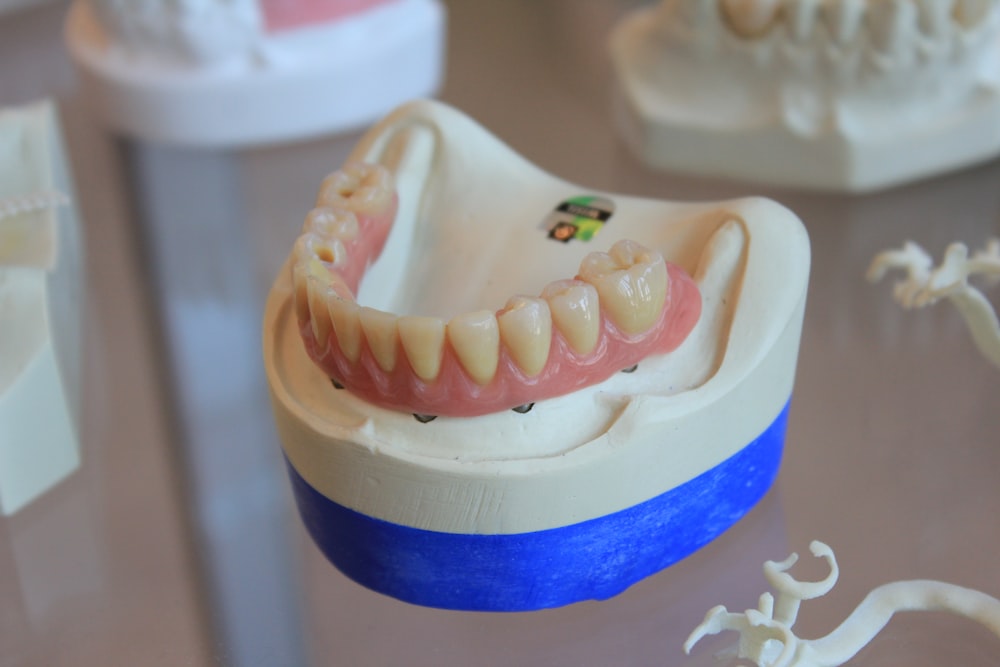
A neurosurgeon is a doctor who performs surgical treatments to treat conditions that affect the brain, spinal cord, or nerves. Although surgery is not a popular method for addressing these problems, back pain and neck discomfort can occasionally necessitate neurosurgical intervention. It may be difficult to believe, but neurosurgeons also deal with “common” conditions, including headaches, migraines, pinched nerves, chronic pain, stroke, epilepsy, and back pain. Some people believe you only need to visit a neurosurgeon when you have a life-threatening condition, but that is not the case. A neurosurgeon is your best option if you have any of the following symptoms:
Shaky grip
Pain or a loss of sensation can make it difficult for the hand to hold objects—usually, an injury or disease results in wrist swelling that causes this. The swelling wrist compresses the median nerve, resulting in discomfort, tingling, a weak grip, or lack of sensation. This condition is Carpal tunnel syndrome, and it develops slowly. You should consult a neurosurgeon as soon as you notice even the slightest symptoms to avoid the disease getting worse.
Movement impairment
Impaired movement includes clumsiness, tremors, shuffling, and involuntary bodily motions. A central nervous system malfunction, a drug side effect, or head trauma can all cause these symptoms. A neurosurgeon is the best person to determine whether you have a major underlying disease if you experience impaired movement.
Unusual numbness or pain
Constant pain or numbness could be signs of a damaged nerve. Nerves carry messages that control pain from various parts of the body to the brain and spinal cord. Even if nothing physically uncomfortable happens, the body may feel agony when there is a communication breakdown.
Some body parts may become numb or tingly or experience “pins and needles” for various reasons, including wearing tight clothing or sitting down for an extended period. These conditions are usually innocuous in the short term. The problem can be more serious if numbness or pain persists or appears suddenly and for no apparent reason. Consult a neurologist if you suffer unusual numbness, weakness, and other neurological symptoms like burning or nerve pain.
Migraines or unusual headaches
Headaches trigger pain and suffering in the head and the rest of the body. “Migraine” refers to a particularly severe headache, common among people who occasionally get headaches. However, it could indicate a problem if these headaches or migraines appear more frequently or are much more painful.
Most headaches, albeit uncomfortable, only last a short duration. The majority of the time, conservative measures like over-the-counter pain relievers will work; nevertheless, you should consult a neurosurgeon in the following cases:
- Your headaches get so bad that they make it difficult for you to function or even impair your everyday life.
- Dizziness, nausea, or even seizures frequently accompany your headaches.
- You regularly take headache medication.
- You frequently wake up with a throbbing headache.
- You become hypersensitive to light, potent odors, and loud noises due to head problems, which may indicate migraines or brain injury.
Conclusion
Consult a neurosurgeon to identify and treat the underlying cause of discomfort related to the above symptoms.



